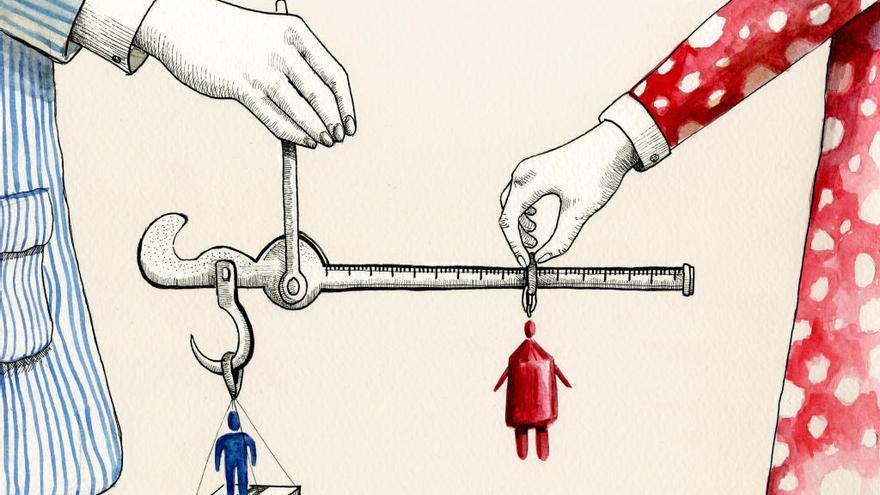1/2/2022 Week 5: Response to "Cultural Paradigms"
Response to "Cultural Paradigms"
There are many Cultural Paradigms around the world, but you may be thinking, what is Cultural Paradigm? Let me explain by dividing this into two, Culture and Paradigm.
Definition of Culture and Paradigm
Culture is the way each of us lives our lives, individually or collectively. This encompasses religion, food, habit, language, etc.
And a Paradigm is a model or pattern of something that can be copied.
That is why I said that there are many Cultural Paradigms around the world because these patterns are from simple things to more complex. Many of these Cultural Paradigms are learned from generation to generation and something that we think is right for us is wrong for others and vice versa.
Simple and Complex Paradigms
Professor Ivers said that one thing is a Paradigm, and two people can see the same thing but with different interpretations and more if they are from different cultures.
He explains that there are two types of paradigms, Simple and Complex.
Simple Paradigms are:
- Rocks
- Cars
- Houses
- Clouds
- Trees
- Graciousness
- Hypocrisy
- Pride
- Humility
- Laziness
- Funny
- Flirtatious
- Loyal
- Polite
- Beauty
At the glance, we can see that Simple and Complex Paradigms differ immensely from one culture to another.
I will take Beauty as an example. What is your paradigm about beauty? What characteristics do we need to have to be beautiful? Is the paradigm of beauty in your country different from the rest of the world?
Delali Bright explains better what I am trying to say. Let's see the video.
As we can see, here we have a Cultural Paradigm, the Paradigm of Beauty. In Tongo, in West Africa, being thin is a symbol of illness, so Delali was not considered beautiful in her country. Her family did everything possible to change her appearance, but nothing worked, and that affected her emotionally. Her mother was concerned about the false need of trying to change the image of her daughter to help her find a husband.
This false problem changed in a snap when she decided to move to America. Something that was negative for her for many years finished when she arrived in another country with a different beauty paradigm which became positive for her.
This is just one of many Cultural Paradigms around the world. We could make a long list and it never ends, because our perspective changes from person to person, from culture to culture, even living in the same country. So, my paradigms are not the same as the rest of the world.
We need to be respectful of the beliefs of others about how they see our culture and sometimes tolerant because some paradigms are very different. And we as teachers or future teachers need to teach our students to respect the opinion and lives of others, learning and trying to understand them better to live in harmony.
Some people when they arrive in a new country see from another point of view and break those paradigms and others maintain them because it is difficult to leave behind what for years or even generations they believed was correct.
- Do we need to move to another country to change our paradigms and be happy?
- What are you doing to better understand and accept the Cultural Paradigms of others?




I loved the video from Delali Bright! It is definitely important to understand how our culture influences us!
ReplyDelete